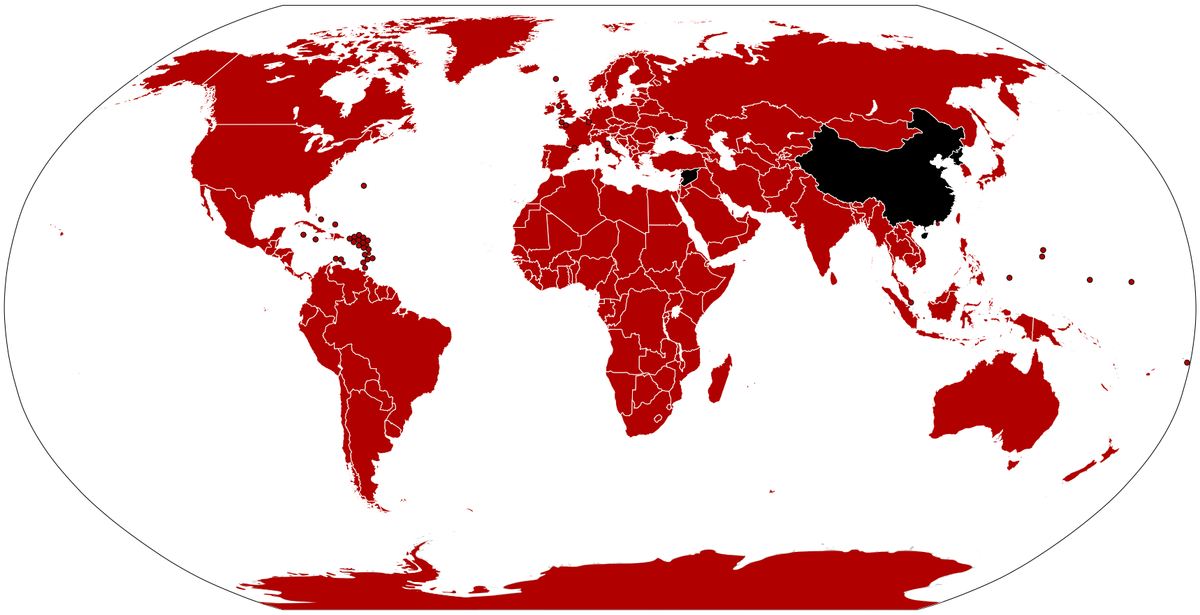OPERA IN THE AGE OF NETFLIX

We’ve all been there. It’s a Friday night after a long week. We’re exhausted. Our boss has taken every ounce of motivation and joy out of our job, which otherwise would be palatable. We get home and scramble to fix something remotely tasty, disregarding to a certain extent the healthiness of our choices. We want something to comfort us, take us away from the stress from a job that barely pays our bills and allows us some small, simple joys.
After eating, our next choice, if we aren’t too tired, is to find some entertainment for the evening. We realize how we’ve spent the last six Friday nights binge watching on Netflix, and question how healthy that is. We wonder how all those Office, How I Met Your Mother, and Friends references will actually help us in the long run other than giving us small talk items in awkward conversations. We want to go out, but don’t really want to get dressed to the nines, since this is somewhat last minute.
We see there’s an opera being performed near us. One of the shows that is done everywhere every year. You know the ones. We think, “Do I really want to get all dressed up? How much are tickets? Probably not cheap. I’d love to see it, but do I really want to sit and listen to a bunch of people yelling in a language I can’t understand? Is my ideal evening having my eyes jumping from stage to supertitle all night? Will I connect with a show that is centuries old? Wow, this is a lot of questions. Eh, forget it. I’ll just watch the latest Jonah Hill show. I wonder how much weight he’s gained or lost for this one…”
Ok, maybe you don’t think that much into it. If you’re reading this on our website, your probably already an opera singer, fan, or use opera as background music while you make elaborate dinners in order to transport you to l’Italia while you cook your cheap spaghetti. However, for a lot of newbies to opera these are not uncommon questions and sentiments. They feel like opera isn’t accessible to them and is a chore when they consider how much they think goes into enjoying it.
It’s true opera needs a little non-monetary investment to become familiar with the difference between a completely acoustic art form versus the amplified performances they’ve enjoyed their entire life. Even with that little bit of effort, it’s NOT outside anyone’s ability to love. Is opera for everyone? We aren’t naïve enough to think it is, just like renaissance fairs aren’t for everyone, and that is ok. It is imperative that companies find new and outside the box ways to reach younger and more diverse audiences.
How do we do it? Aren’t new, fancy productions enough? How about clever marketing? What about the whole genre of modern opera? What about HD broadcasts? Surely they are effective, since audiences can go to a movie theatre and see the show in a way that is almost as good or in some cases better than the theater.
Frankly, most of these are band-aids. Sure, they can have a positive effect by drawing in interest in the short term, but the lasting effect of them in creating a bigger audience base is debatable. It also raises the question of, “were they interested in the art form itself, or simply the fact that Valkyries were literally flying all over the place?”. Some companies are more successful than others, but it seems like many are grasping at straws to figure out how to best increase their audience size and as a byproduct, their revenue.
What if there was a more direct way to accomplish this goal? What would that look like? To all the opera companies, self-producers, recitalists, and alike, let me offer the following suggestions. They are all ways I’ve tackled the modernization issue within opera, and so far they have produced some very positive results in Seattle.
- Condense and put in modern vernacular. Though we all know people who have no problem watching the extended versions of movies, the thought of sitting through 2.5 hours or more of opera willingly scares many who might want to try it. By shortening them to around an hour it makes it a lot less of a time and mental commitment. When you cut it down to an hour you end up with the essentials and highlights of whatever show you’re doing. By putting it in the vernacular of whatever country you’re in it’s already going to speak to them much better than surtitles ever would.
- In conjunction with translating, don’t shy away from hard subjects in our society. People watch movies and TV shows that deal with the worst of what the human existence has to offer. Opera doesn’t need to be proper in it’s subject matters. It only adds to the perceived “stuffiness” many people think opera is. I’ve written shows that directly and unabashedly take on things like campus rape culture, slut shaming, PTSD, and will be writing about transgender issues in the future. These are a breath of fresh air for most people, both die hards and new comers alike.
- Gender bend roles. We all have “profiles” in our minds of what certain characters should look and sound like. These come from all the media we have watched our entire lives. In opera, we also deal the added stereotypes that voice types have, ie sopranos and tenors are the lovers, baritones are the bad guys, and mezzos are BBWs. (Not what you think: Bitches, wear Britches, or Witches). I’ve written and/or produced shows that had female Commendatores and Dulcamaras, as well as a Agamemnon as a drag queen in La belle Hélène. I’m excited to write many more shows with non-traditional casting. Maybe I’ll have a female Scarpia, who knows? This approach also opens up opportunities for roles to be more evenly dispersed throughout our industry, instead of being traditionally male dominant.
Friends, this is just the beginning of what we can do to reach new audiences in ways that they can relate to. We all have seen hearts and conceptions change when people are exposed to opera. Let’s make it even easier for them, especially those who are in the stages of life that is on the go all the time between their families, jobs, and carving out joy in their life.
By Michael Heitmann. Republished with permission from Schmopera.





